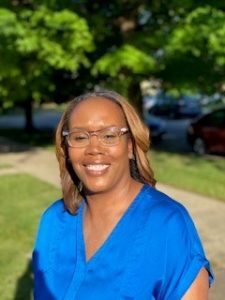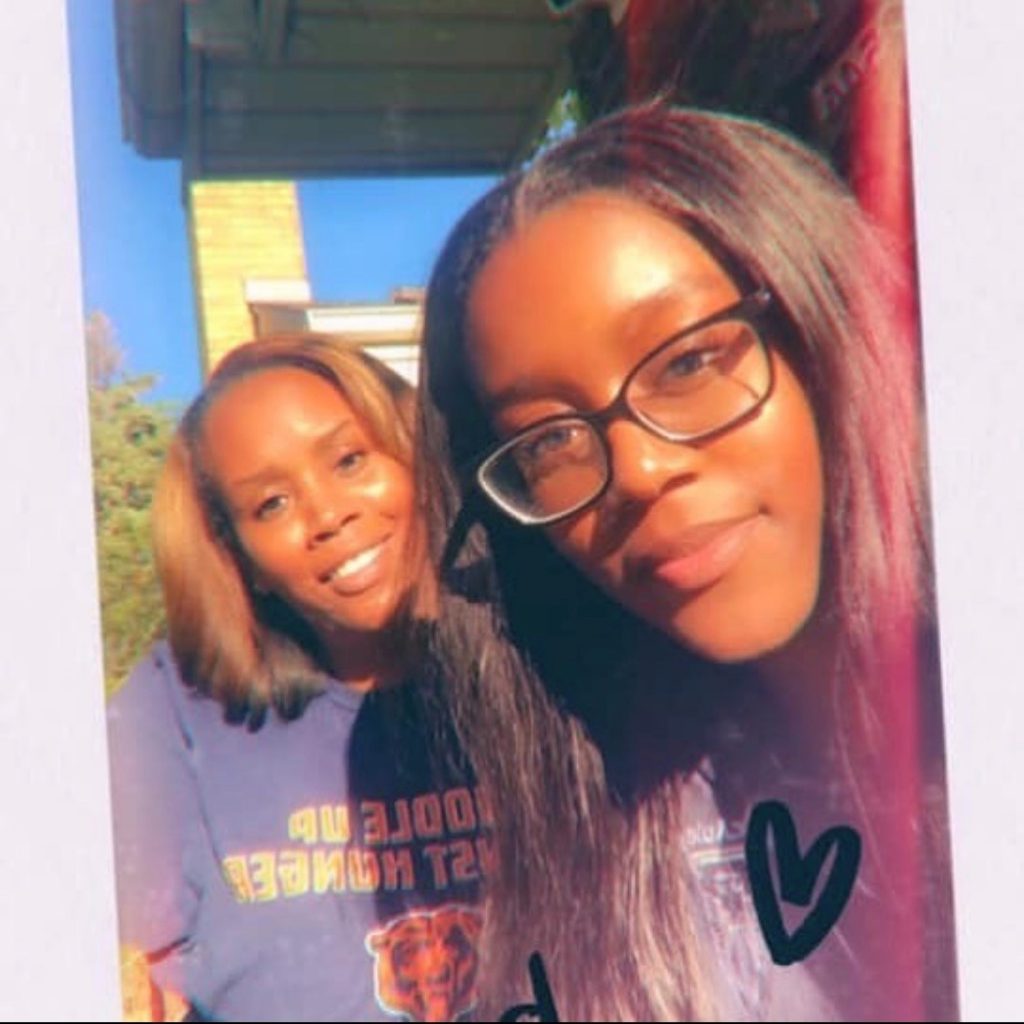
“You will never make it through this program.”
Tamara Bland, RN, MSN, Ed.D. is a Southside Chicago girl and proud of it. Her passion for diversity started as a student while attending Concordia University’s Bachelor of Science in Nursing (BSN) program. One of four students of color in her cohort, Bland expressly remembers walking into an advisor’s office and being told, point blank, “You will never make it through this program.”
That sentence lit a flame.

Bland knew in that moment that she was going to do whatever it took to prove her advisor wrong. Beyond that, the experience also drove home for her the fact that Bland ultimately wanted to go into education. She wanted to be that person—the person who showed other nurses of color that it was possible.
And Bland has done exactly that. She went on to earn her Master’s of Science in Nursing (MSN) in nursing education at Resurrection University, and then her Doctorate at St. Francis University. Today, Bland is an experienced critical care nurse who teaches medical-surgical and critical care at Dominican University in Chicago’s west suburbs. She is also the Director of the RN – BSN program at Dominican.
Only 6.6% of nurses in the United States are nurses of color. 99% of nursing faculty are women, but only 1% are women of color. Institutions of higher education know diversity in nursing education is a problem, but in many instances, it feels like they are just waiting and watching it.
And that is, in part, because increasing the diversity of nursing educators and the nursing workforce is a really complex issue. Bland explains, “When people talk about ‘institutionalized barriers’ they are talking about systems that perpetuate inequalities. Part of what we have to do is examine the practices that create these barriers in higher education and the nursing workforce, beginning with HR and hiring practices. Nursing administrators and allies need to stop and take a look at the curriculum, at the profession. We need to ask ourselves: how many people of color are sitting at the decision-making table? We need to incorporate underrepresented voices into the decision-making process.”
She adds that it isn’t just an issue of getting more students or more faculty of color. It’s also an issue of ongoing support. And, frankly, being willing to talk about challenges.

“Honest, reflective, open conversations about diversity and racial inequality are crucial conversations we need to have, and we can’t afford to be afraid to talk about it. We need to look at mentorship for both nursing students and faculty of color. We need to look at supporting new researchers of color with scholarship and the publication process. In the classroom, we need to utilize new sources, books from different ethnicities – these are things allies can help push.”
On the topic of being an ally, Bland expands, “People need to know and understand. Then, take action. But it takes both knowing and understanding. Oftentimes, in nursing education we associate cultural differences with risks. X ethnicity is higher risk for X disease. We can’t continue to only examine it from that negative perspective; we need to make people people, and then talk about the disease. Weaving experiential learning into nursing programs is important because it will guide all students to look at their work through a civic lens. Civic responsibility and social responsibility should be taught in every course to better prepare students to enter the workforce able to be an ally from that place of knowing and understanding.”
As a woman of color in a professional environment that lacks diversity, Bland navigates experiences that render her both invisible and simultaneously hyper visible. It has not been an easy road for her. “Lack of confidence comes from personal experiences. When you are the only person at the table who looks like you or comes from the same background as you, you cannot help but ask yourself, ‘If I speak up, is anyone going to support me?’”
Bland points to mentoring as the thing that pulled her through. “Those small gestures are what made me believe I could be a leader, have a seat at the table, a voice in the room.”
Bland’s advice for young nurses or students just starting out?
“Start speaking up now. Be a better advocate for yourself now. You don’t have to follow the linear path you set for yourself, or maybe your parents set for you. Enjoy the adventure.”
